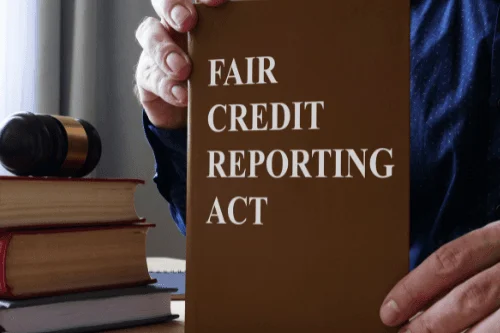Mortgage Basics
Credit Bureaus
Credit bureaus play a vital role in the financial world, especially when it comes to applying for a mortgage. These organizations collect, maintain, and share your credit information with lenders, helping them assess your financial health and creditworthiness. Understanding what credit bureaus do, the types of information they collect, and how they impact your mortgage application can help you make informed decisions about your finances. This page provides an overview of credit bureaus, demystifying their processes and empowering you with the knowledge you need.

What Types of Information Do Credit Bureaus Collect and Sell?
Credit bureaus collect and maintain a variety of information about consumers, which they then sell to lenders, employers, and other entities. This data includes:
- Identification and Employment Information: Details like your name, date of birth, Social Security number, and current or past employment history.
- Payment History: Records of on-time and late payments for loans, credit cards, and other debts.
- Inquiries: Information on who has requested your credit report, such as lenders or landlords.
- Public Record Information: Data from court records, including bankruptcies, tax liens, and judgments.
This information forms the basis of your credit report and influences your credit score, which lenders use to make decisions about extending credit.
Who Are the Major Credit Bureaus?
In the United States, the three major credit bureaus that collect and maintain consumer credit information are:
- Equifax: Headquartered in Atlanta, Equifax provides credit reports, scores, and monitoring services to individuals and businesses. You can contact Equifax by visiting www.equifax.com or calling their customer service at 1-800-685-1111.
- Experian: Based in Ireland with significant U.S. operations, Experian is known for its comprehensive credit data and fraud prevention tools. To reach Experian, visit www.experian.com or call 1-888-397-3742.
- TransUnion: Operating globally, TransUnion offers credit reports, scores, and a variety of consumer protection services. You can contact TransUnion through www.transunion.com or by calling 1-800-916-8800.
Each bureau operates independently, and not all lenders report to all three. This can lead to variations in your credit reports and scores, which is why it’s essential to monitor all three regularly to get a comprehensive view of your credit health.
Why Do Credit Reports from Different Bureaus Vary?
It’s common for credit reports from different bureaus to have slight discrepancies due to various factors. One key reason is that lenders may report to only one or two bureaus rather than all three, leading to differences in the information each bureau maintains. Additionally, the timing of updates plays a role, as creditors update accounts at different intervals, causing changes to appear on one report before reflecting on others. Errors or omissions can also contribute, with occasional mistakes or incomplete reporting resulting in certain accounts being left out. To ensure you have the most accurate understanding of your credit, it’s crucial to review reports from all three bureaus regularly.
How Do Credit Bureaus Impact the Mortgage Process?
When you apply for a mortgage, lenders rely on credit bureaus to provide your credit report and score. This information helps lenders determine your eligibility, loan terms, and interest rate. The process typically involves a “tri-merge” report, where data from all three bureaus is combined to give lenders a comprehensive view of your credit history. They often use the middle score of the three to make decisions, which is why understanding and monitoring your credit across all bureaus is crucial.
How Can You Address Errors on Your Credit Report?
If you discover inaccuracies in your credit report, it’s important to take action to ensure your credit profile remains accurate. Start by obtaining your credit reports from all three major bureaus, which you can access for free once a year at www.AnnualCreditReport.com. Carefully review the information for any discrepancies, such as incorrect account details, inaccurate balances, or unfamiliar accounts.
If you notice any errors, reach out directly to the credit bureaus or consult a credit professional for guidance on addressing the issue. Credit bureaus are responsible for investigating reported inaccuracies as per the Fair Credit Reporting Act (FCRA), so it’s essential to communicate your concerns clearly and monitor the progress of any updates to your report. Taking these steps can help ensure your credit information accurately reflects your financial history.
Unpacking the Credit Bureaus
Credit bureaus are a cornerstone of the mortgage process, providing the data that lenders use to evaluate your creditworthiness. By understanding how they work, what information they collect, and how to address potential errors, you can take control of your financial profile and position yourself for mortgage success. At Vision Home Mortgage, we encourage you to stay informed and proactive about your credit, ensuring a smoother path to homeownership.



